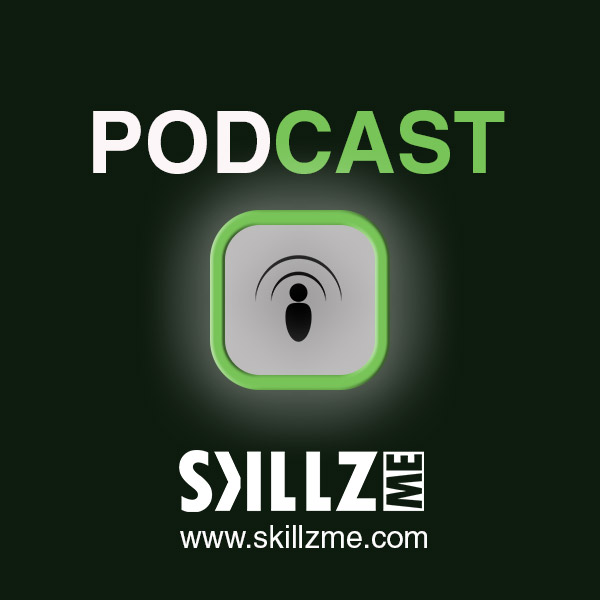All jobs come with the perks of benefits. Whether it’s health and dental insurance, paid time off, retirement and pension plans, or vision care, countless individuals rely on the benefits supplied by their employer to put away money for retirement or afford their healthcare expenses.
But if you know you won’t be at that job much longer, you might be wondering what will come of those benefits once you leave. Whether you’ve found a new position, are facing a layoff, or are planning to enter retirement sometime soon, the answer varies from company to company and what your unique situation is. That said, it’s in your best interests to make sure you know what to expect so you can plan ahead once you no longer hold your current job.
If you’re facing a layoff like so many continue to experience in the midst of the COVID-19 pandemic, the first thing you should look into is unemployment benefits. You’ll want to immediately contact your local unemployment office to verify your eligibility and file for unemployment as soon as you can. This will allow you to supplement your income while you’re out of a job and looking for new employment opportunities. Many people rely on the support of unemployment benefits when they are suddenly laid off, and they can make the job searching process much less stressful when you still have an income you can count on.
Another critical benefit to plan for is your health, vision, and/or dental insurance. Your company may have provided some or all of these benefits to you. If you know you’ll no longer be holding the position that was supporting you with these types of benefits, you’ll want to find out exactly what you’re in for going forward. After all, these benefits are critical in receiving your required care.
For health insurance, there is a program in place called COBRA that allows you to maintain your health insurance plan after you’re no longer at the company that was providing it to you.
COBRA allows you to stay enrolled in your current health plan for anywhere between 18 and 36 months, and you’re eligible regardless of the reason for leaving your job—whether you quit, were fired, or laid off.
You must opt into the COBRA program within 60 days of when you left your job, and you’ll be required to pay an administrative fee of 2 percent along with whatever the premium cost is. It’s usually fairly affordable and can cost as little as $8 a month.
If you were furloughed—a temporary unpaid leave usually caused by economic hardship within the company—your benefits will depend on your company. Some companies will suspend your paycheck entirely but continue to supply you with healthcare coverage, while others may stop paying for both your salary and any benefits they were providing. You should have a conversation with someone in your company’s human resources department in order to discuss what benefits are still available if any.
If you’re no longer going to be holding your current job, you might also wonder how this will impact your credit. The good news is that your job status doesn’t directly impact your credit score—in fact, the credit bureaus won’t know you’ve moved on for your job unless you inform them yourself.
That said, there are still some indirect impacts that can occur to your credit as a result of a job loss. For example, losing your primary source of income may mean you can no longer afford to stay on top of your bills, such as a credit card bill. If this results in late payments, your credit score could drop. Or, if you’re short on funds you might end up taking out a credit card to support yourself, which could result in a high credit utilization ratio—the amount of money you’re borrowing against the maximum limit on your credit card. High credit utilization can do damage to your credit score if you’re not careful.
These are just a few critical things you’ll want to understand about your job benefits if you know you won’t be holding your position much longer. To dive into everything you need to know if you’ll be facing this sort of transition in the near future, use this helpful job benefits guide designed by CreditRepair to help you navigate the process. It outlines everything you can expect when it comes to your benefits after a job loss and how you can protect yourself every step of the way.
If you find yourself in this situation, you may feel overwhelmed wondering how you’ll continue to stay covered with important benefits. But all it takes is some research and preparation to make the best decisions possible going forward.


![A Look Inside the Future of BIM [Infographic] A Look Inside the Future of BIM hero image](https://www.skillzme.com/wp-content/uploads/2025/01/hero-image-the-future-of-bim-200x200.jpg)

![Audio Marketing Statistics [Infographic] Audio Marketing Statistics](https://www.skillzme.com/wp-content/uploads/2025/02/hero-image-Audio-Marketing-200x200.jpg)


Recent Comments